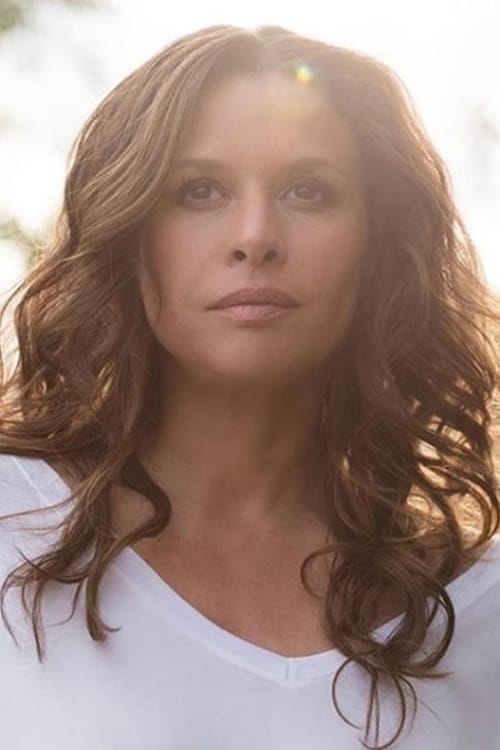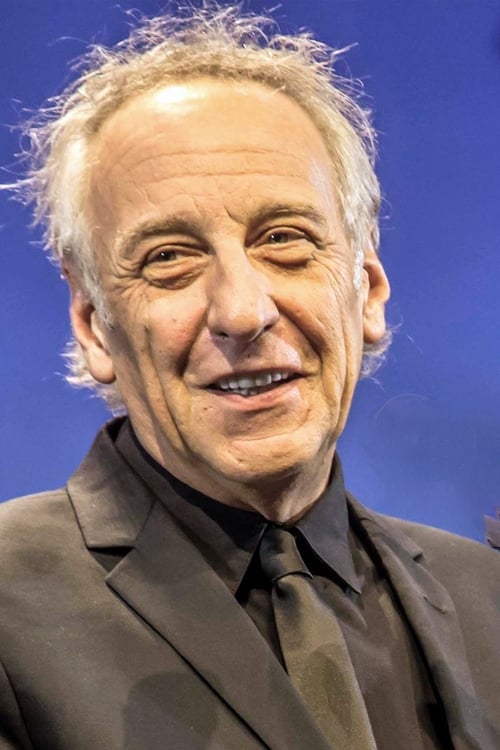Little Miracles (1997)
Gênero : Drama
Runtime : 1H 46M
Director : Eliseo Subiela
Sinopse
Rosalía is a cashier at a supermarket. She lives alone, loves reading fairy tales and hides in a magic fantasy world in order to survive living in the real one. She thinks she is a fairy who came on a mission and got caught in this world. She travels by bus every day. At the bus-stop, there is a "web camera" which records images and puts them into the Internet. Santiago is a scientist who works in an international research project to detect signs of extraterrestrial intelligence. He is a lonely man who lives with his dog and his computer. Rosalía finds she has some extra-sensory powers and thinks three young women she knows are fairies. They will remarkably influence her life. She also feels the need to meet her father, whom she has not seen since she was 8.

The first part of this documentary deals with the Portuguese neurologist António Egas Moniz, Nobel Prize for Medicine in 1949, one of the first surgeons to apply the technique called lobotomy for the treatment of schizophrenia. The second part deals with the everyday life of people with schizophrenia today: behavior and relationships, and treatment for the disease.
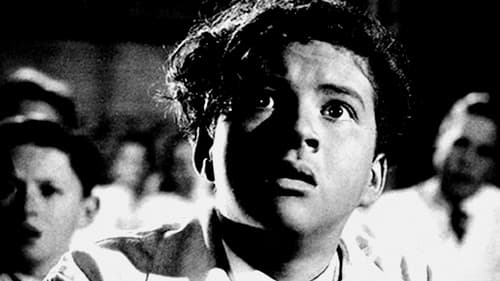
While committing a prank, a child accidentally discovers the identity of the criminal who keeps the whole neighborhood on alert. For fear of being punished, he does not tell what he knows to his father, a police officer.

Two kinds of starfish, the brittle and the feather. The brittle star moves its arms alone, without the aid of suckers. Underneath is a single opening. Stalks move food close to the mouth and move waste away. We see vents, used in reproduction and breathing. We watch the hatched young expelled into the water. The camera shows us brittle stars' intricate patters. We observe feather stars in clusters, like ferns. One turns over slowly; arms have branches with stalks for breathing and gathering microscopic food. Reproductive organs are inside branches. We see eggs develop at 1,400 nature's speed. Larvae emerge, 0.1 mm long. They grow. A feather star takes a walk.

A man with learning difficulties suffers neglect and ill-treatment, and this is only exasperated when his parents die and nobody seems to know what to do with him. A sequel to this film, titled "Walter and June", was released in 1983 and set 19 years later in time. In the United States, these two are sometimes bundled together under the title "Loving Walter".
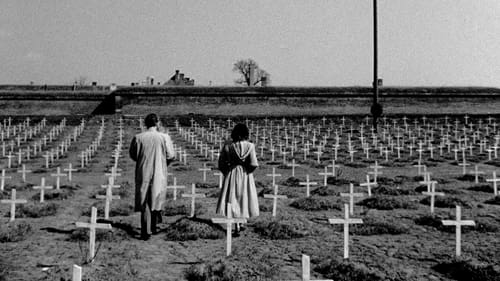
Prague, during World War II. Hana Kaufmann, a Jewish ophthalmologist, marries Dr. Antonín Bureš, a Christian man. When her family is sent to the Theresienstadt concentration camp, their romance turns into a struggle for survival.

Josephine and Antonio have reached a delicate economic balance after marriage. The salary of lawyer from him, and wins her in the hospital, allows them to survive and fantasize about some freak. The situation is complicated by the news that Josephine is pregnant. Ahead of the debacle that may involve having a "child who eats everything, including food," Josephine teaches the baby still in her womb, higher education courses in order to save some money in schools. Meanwhile, Antonio enters the underworld scene, looking for customers who offer their services as a lawyer.

Pedro and Julian, two friends entomologists are in love the same woman, Adela, who decides to marry Peter. Julian attends the marriage, but acts against women as her own husband. The passion that unites the two friends, entomology, leads them to conclude a treaty. The woman, however, is not comfortable with the life she has lived and want to abandon them. Discovered that she suffers from the disease, makes men willing to please her in everything, without her knowing the reason for his change of attitude.

After his father figure like mafia boss is murdered, Azusa Moribe (Masaya Sato) goes on a one man killing spree to exact revenge.

Portrayal of a talented, influencial and troubled artist: a filmmaker who fought his own demons and seemed to live his own legend like no other director. Against all odds Sam Peckinpah was able to create a very personal body of work in the studio system of Hollywood and with his powerful directing and editing style changed the way of filmmaking forever. Legendary for his use of slow-motion violence, various scandals and his ongoing problems with sudios and producers, the story of Peckinpah is filled with tragedy, humor, success and defeat.

Bruno, a young traffic agent of the Spanish Guardia Civil, is abandoned by his wife after having an affair. Bruno, devastated, discovers one night, by chance, a strange passageway that leads him to another level of reality.

Antonio and Concha, a couple who are constantly fighting about money, win the Christmas Lottery first prize. Concha, who is very bossy, starts making decisions about how they're going to spend it. But Antonio is fed up with her, he just wants to go to Brazil, lay in the sun, and never see her again. So he starts to plan how to get rid of her...
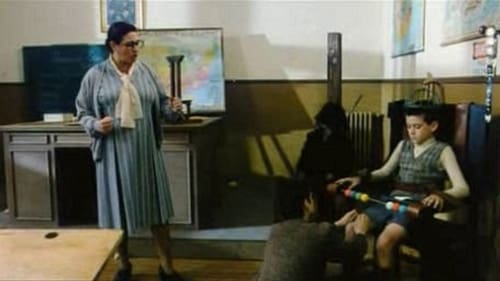
The teacher explains to her students, step by step and with full details and live examples, how are the different types of execution: the electric chair, the garrote, the gallows ..
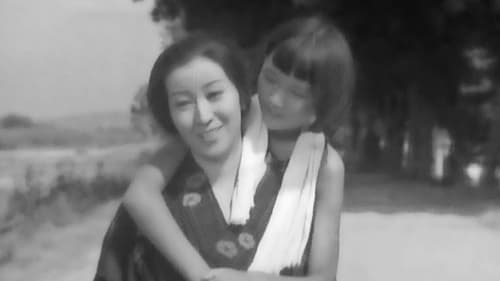
Two young girls, Nobiko and Tomiko, go to the same school. The less fortunate girl Nobiko is one of the top students, while the rich girl Tomiko is not. At one time Tomiko's father was quite fond of Nobuko's mother.
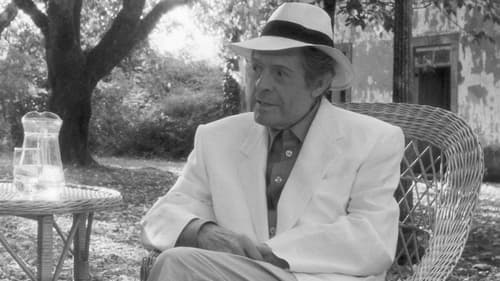
In 1996, Marcello Mastroianni talks about life as an actor. It's an anecdotal and philosophical memoir, moving from topic to topic, fully conscious of a man "of a certain age" looking back. He tells stories about Fellini and De Sica's direction, of using irony in performances, of constantly working (an actor tries to find himself in characters). He's diffident about prizes, celebrates Rome and Paris, salutes Naples and its people. He answers the question, why make bad films; recalls his father and grandfather, carpenters, his mother, deaf in her old age, and his brother, a film editor; he's modest about his looks. In repose, time's swift passage holds Mastroianni inward gaze.

A lonely guy, living an uneventful life in Paris, takes care of his mother. One day, a girl with a more exciting life moves in his apartment building.

Five documentary shorts about various children from the third world.

Biquefarre is a small farm in Aveyron. The changing economics of farming lead Raoul, in late middle age, to decide to sell and move to Toulouse. At least two neighboring farmers want to buy Biquefarre: Lucien and the young Marcel. Behind the scenes, Henri, whose brother is Marcel's father and who is also Lucien's brother-in-law, negotiates with Raoul so that Marcel's father can secretly sweeten Marcel's offer. Will dad and uncle succeed? In the background is the hard daily work of farming: milking cows, harvesting at night, and finding help when a farmer falls ill. Progress brings challenges: polluted water, factory farms, and skyrocketing land prices.

A lyrical story about first love, death and disappointment, based on a poem of the same title.

Come take an avant-garde walk in the Montparnasse of the late 1920's. This district of Paris, filmed in a most unusual way, shows how dedicated it is to art. Visit its art galleries and exhibitions, take a glimpse of famous painter Fujita, of Luis Buñuel eyeing the legs of beautiful Parisian passing the terrace of the café where he sits, of Italian futurists Marinetti, Prampolini and Russolo.

Loosely based on the story of serial killer Dennis Nilsen, it explores the interwoven notions of loneliness, desire and trust. Founded upon the conviction that societal homophobia often results in tragic consequences, the work grapples with the disturbing forces that drove Nilsen to kill for company.




